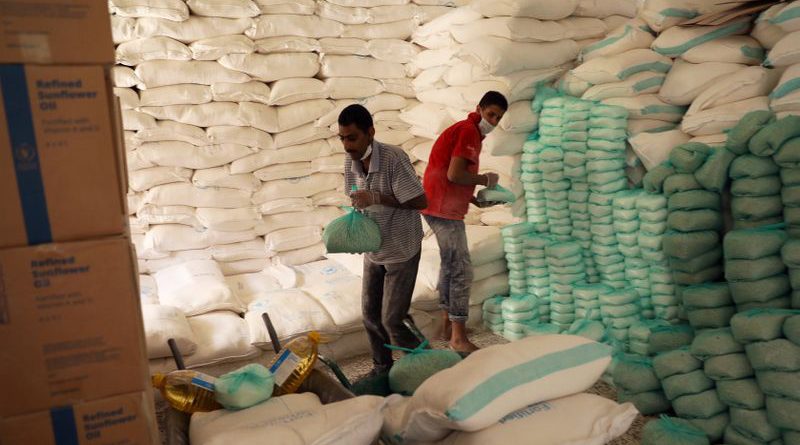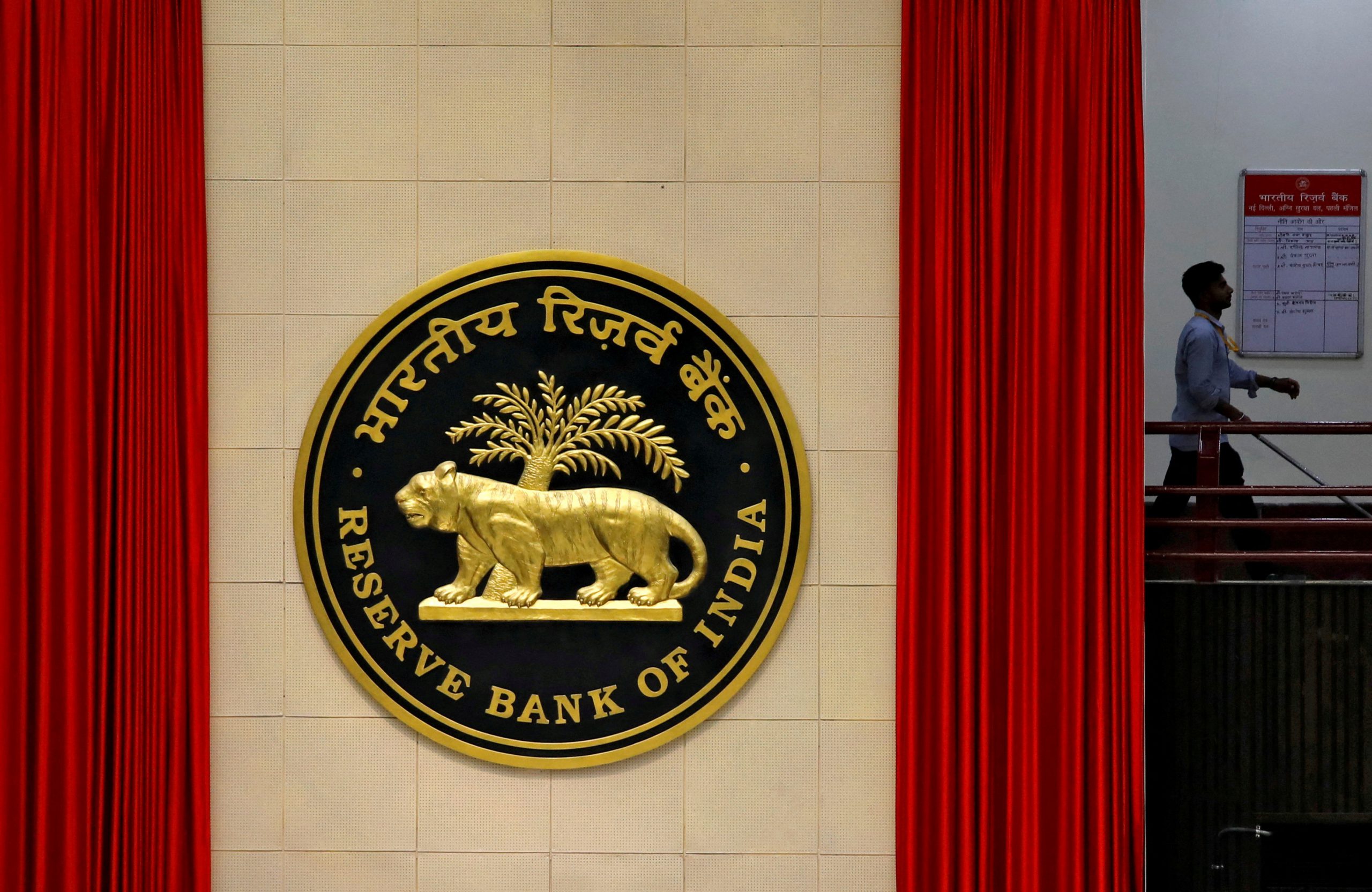Food aid ramps up in Yemen, but funding crisis persists
Dubai (Reuters) – More food is making its way to Yemenis most in need after donors heeded United Nations warnings about impending famine, but aid groups said the world’s largest humanitarian operation still does not have enough cash to see out 2021.
The World Food Programme said it would this month resume monthly distributions to around 6 million people in areas with the highest rates of food insecurity.
WFP in April 2020 halved food aid to every other month in parts of Yemen controlled by the Houthi movement after donors cut funding, partly over concerns about aid obstruction.
More funds started flowing since April after U.N. officials said Yemen could see the world’s worst famine in decades as violence escalated in the six-year-old war amid the COVID-19 pandemic.
“WFP needs $1.9 billion in 2021. Donors have so far stepped up with approximately $937 million,” WFP spokesperson in Yemen Annabel Symington said.
Yemen has food supplies, but the deep economic crisis and restrictions on fuel and food imports have seen prices skyrocket out of the reach of many.
The WFP feeds more than 12 million Yemenis, around 80% in areas held by the Houthis, who ousted the internationally recognised government from power in the capital Sanaa in late 2014.
Yemen’s $3.85 billion 2021 humanitarian response plan stands only 43% funded.
“That’s not adequate to get through the rest of this year,” David Gressly, U.N. humanitarian coordinator for Yemen, said.
“We went through a major effort to scale up, particularly on the food assistance and malnutrition side… It needs to be sustained or the gains we are seeing now will be totally lost.”
The ramp-up was enabled by injections from a new private foundation. The United Arab Emirates resumed aid to Yemen through the 2021 Famine Prevention Foundation. Saudi Arabia – which leads a coalition fighting the Houthis – placed part of its donation through it, aid sources said.
That money runs only to the end of August and other humanitarian assistance remains underfunded.
Programs for internally displaced persons are about 5% funded for 2021 and health programmes around 10%, UNOCHA said.
“Famine is a multidimensional phenomenon … you also need to think about protection, healthcare, water,” one aid source said.



